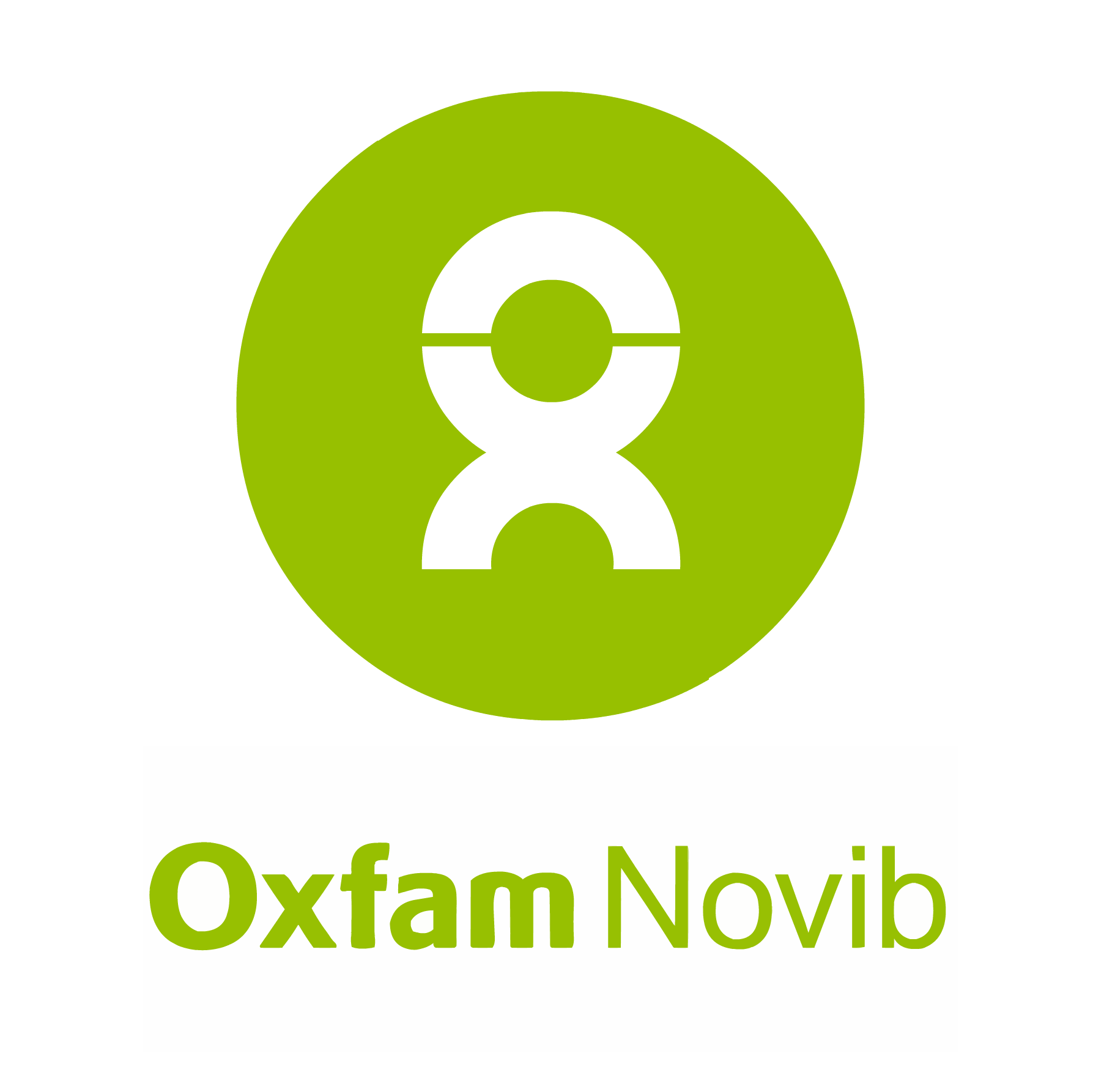Community / Land projects / GLA-PoV-Liberia
GLA-PoV-Liberia

€0
01/21 - 12/25
Active
This project is part of
Implementing Organisations
Donors
Data Providers
General
Liberia hosts large areas of the Upper Guinean Forest ecosystem, recognised globally for its extremely high biodiversity. The country has committed to conserving 30 percent of its natural forests, essential for the livelihoods of local communities who directly depend on these forests and significant in the global fight against climate change. Despite national policy commitments made by the government at the national and international level and the emergence of numerous private sector initiatives to halt deforestation, Liberia has made little progress reducing deforestation in recent years. Rather, the drivers of deforestation, including illegal and destructive logging and industrial agriculture, are gaining in power and speed. Illegal logging in government-allocated logging concessions covering more than 1 million hectares and industrial-scale logging under community forestry licenses are accelerating at an alarming rate. Huge blocks of forest land inhabited by local communities have been handed out to agro-business. The political elite is grabbing lands from communities for plantations as well. More than 60 percent of Liberia’s 5 million population relies on agriculture for their livelihoods and food for their households. The sector employs more than 80 percent of Liberians with women constituting more than half of the labour force. Instead of supporting smallholders, the government has allocated large tracts of land to concessions for oil palm cultivation. As a result, forest communities in several counties have been devastated by the impacts of industrial oil palm. Environmental and Human Rights Defenders (EHRDs) and local activists that demand respect for community and human rights, and improvements in the overall well-being of communities affected by the oil palm companies, have been harassed, intimidated, and have suffered unlawful arrests. In instances where communities have stood up for their rights, they have been targeted by the state and state-security apparatuses. Liberia’s legal framework governing forests has institutionalised the participation of Local Communities and Civil Society in forest governance. Liberia has also made important progress on land tenure reforms. The country adopted a Land Rights Policy in 2013 formally recognising customary collective community land rights. It passed into law in 2018, providing communities with formal ownership over their customary lands.



